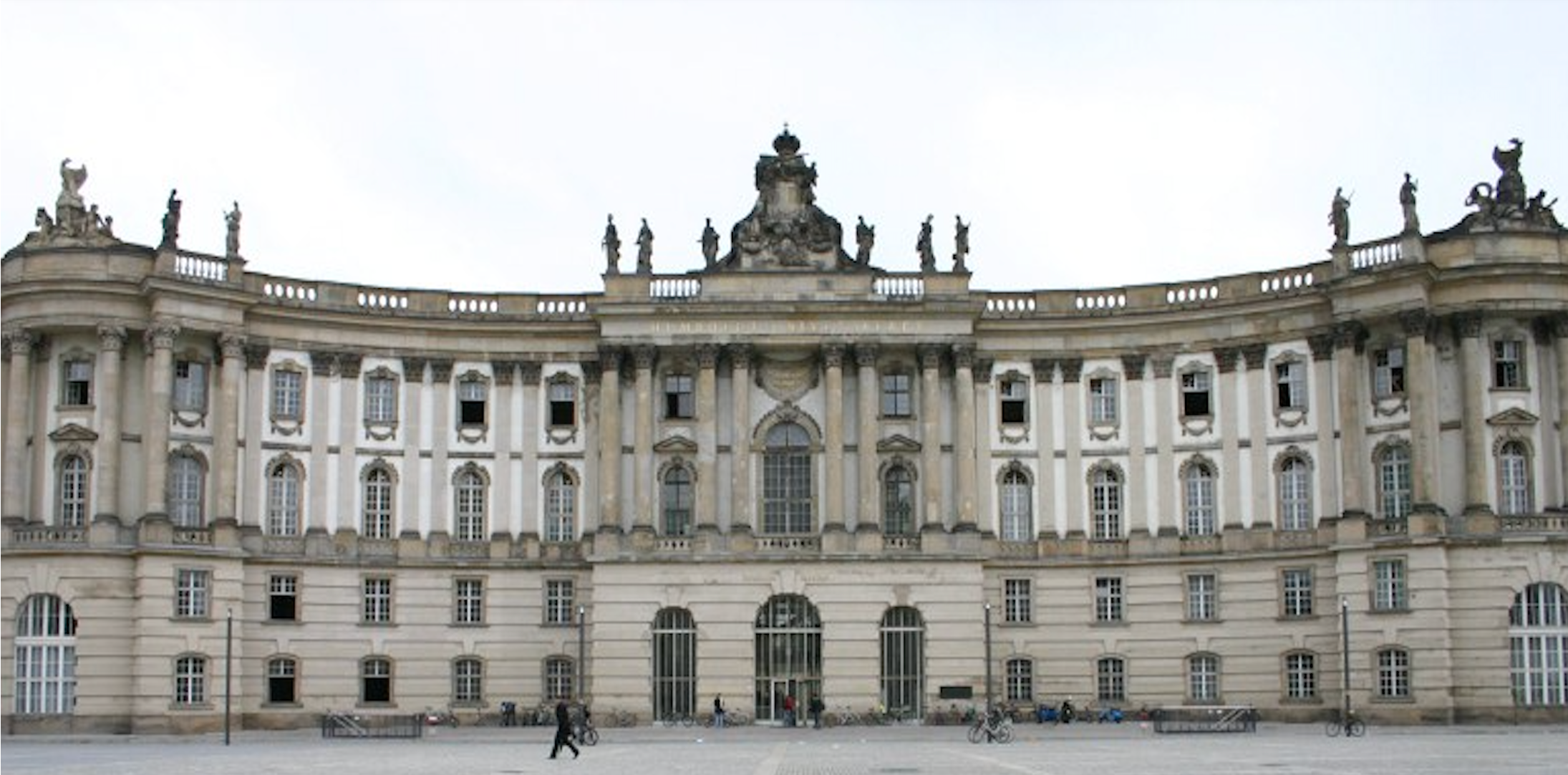Friederike Schäfer and Michael Philip Neumeier on the ICC Rules, January-February 2020
In the field of alternative dispute resolution services there is an undisputed market leader: the ICC International Court of Arbitration in Paris. The students of the IDR LL.M. program at Humboldt University of Berlin had the opportunity to study the arbitral rules of this institution, the 2017 ICC Rules of Arbitration, as part of the compulsory “Specific Areas of Arbitration” module.
The lectures were held by Ms Friederike Schäfer and Mr Michael Philip Neumeier, Counsel and Deputy Counsel at the Secretariat of the ICC International Court of Arbitration respectively. At the outset, the lecturers familiarized us with the history of the institution and its contemporary mission. Special attention was given to the structure of the organization and the way in which the different departments interact with each other. Important and fundamental distinctions were drawn, such as the difference between the International Court of Arbitration of the ICC and the arbitral tribunal established under the ICC rules. It was very interesting to gather that the ICC has 194 Members from 116 countries and territories, which makes it a truly global and transnational private business organization.
Apart from discussing the initiation of the arbitral process and the exchange of a Request for Arbitration and an Answer to the Request for Arbitration, special attention was given to more complicated issues concerning the ICC Rules. Among them were the challenges that may arise when a party wants to join another party to the proceedings (Article 7 of the Rules), the case of multiple parties (Article 8) and multiple contracts (Article 9), as well as the consolidation of arbitrations (Article 10). All of the aforementioned points represent challenging legal issues which are of special interest for every lawyer who finds interest in procedural law. Another important and complicated issue which was dealt with special attention was the prima facie jurisdiction control conducted by the Court and the Secretariat. Getting familiar with the so-called “Article 6(3) and 6(4) process” was not only demanding but also extremely enriching and valuable for the group of future arbitration practitioners.
Furthermore, we had the chance to attend several workshops as part of the module. In one of them, the students had the opportunity to draft the Terms of Reference for a fictitious case. In another exercise, the students were given an exemplary arbitral award. They had to act on behalf of the ICC Court, to read the award and verify whether it contains all the necessary prerequisites in order to be approved by the Court in the award scrutiny process.
Overall, the ICC lecture series conducted during the first semester of this academic year were a very insightful experience. As a class, we are thankful that we were able to learn from ICC practitioners who presented the subject in a compelling manner.
Ivan Petrov, IDR LL.M. Candidate
